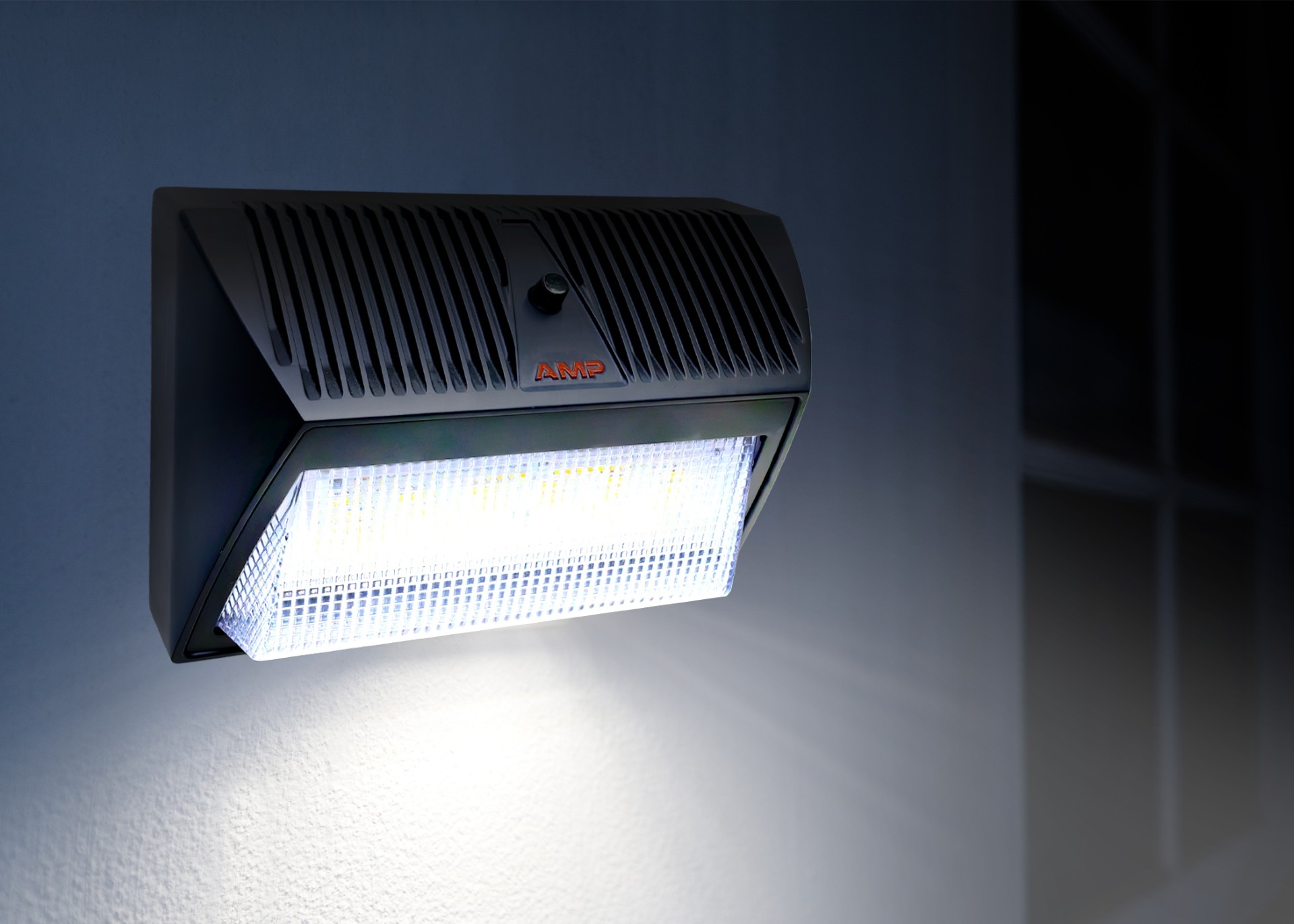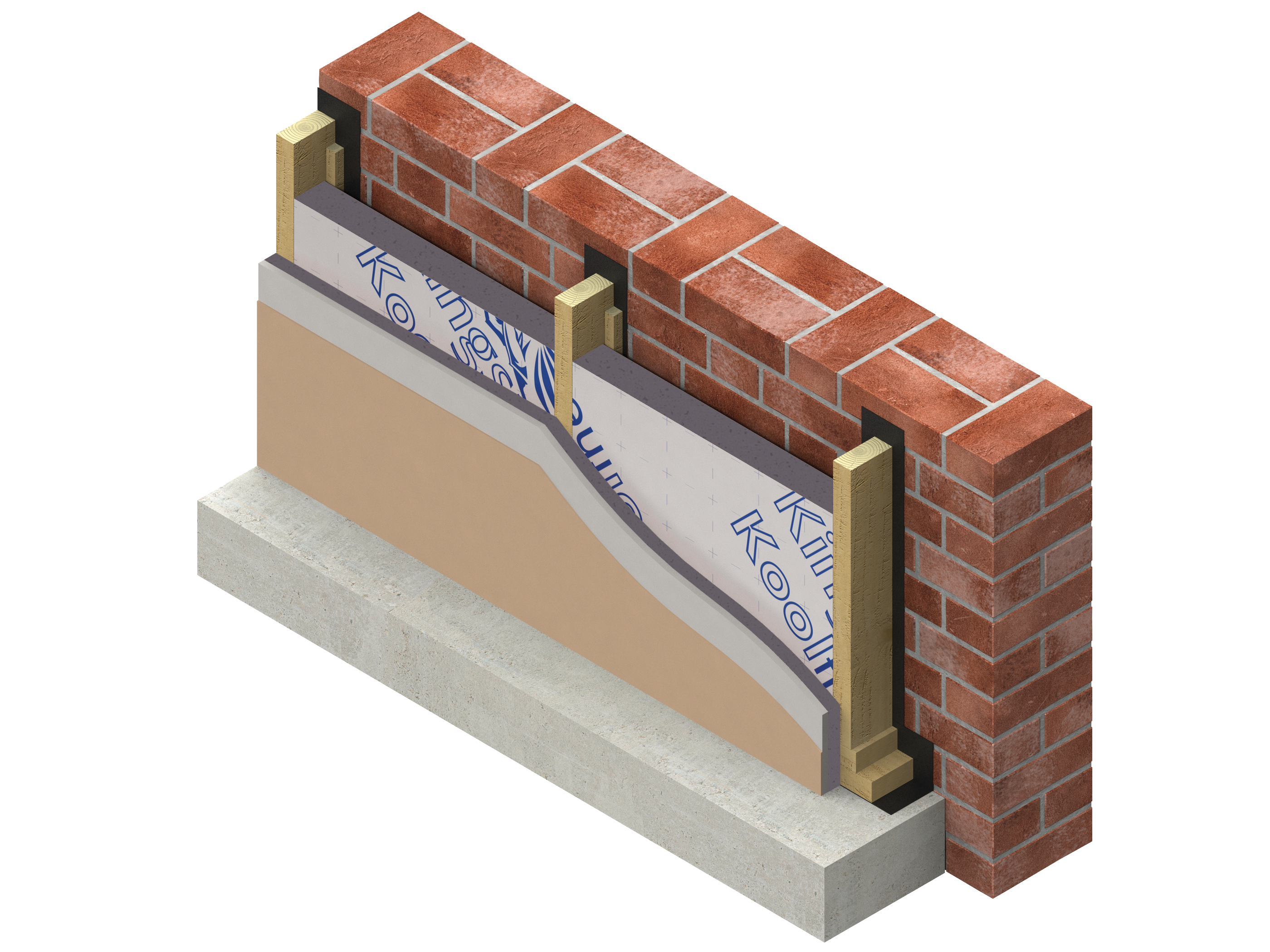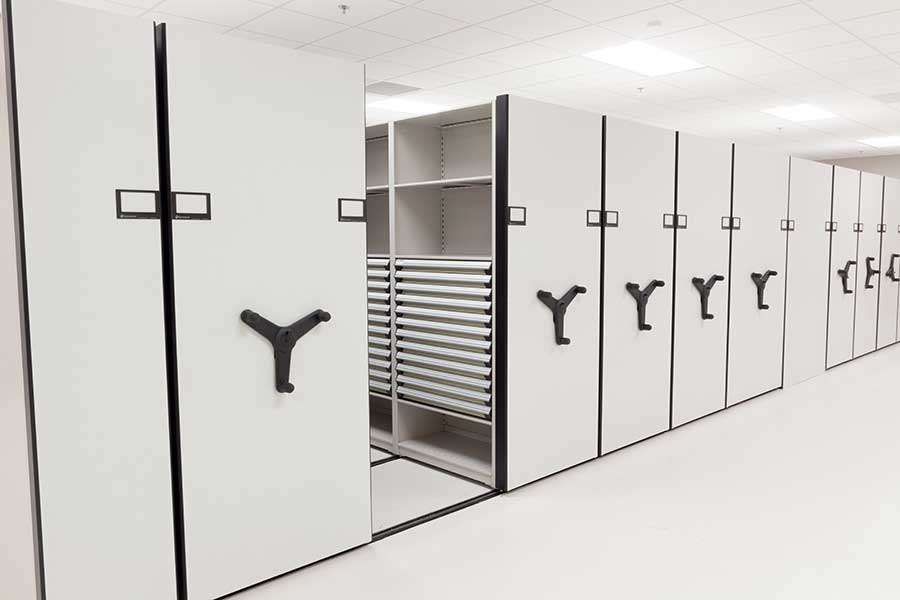RAE Systems Inc. introduces a stainless steel case for its radiation and multi-sensor chemical detection monitors. The case is available for the system’s wireless five-gas monitor and wireless toxic gas and radiation monitor. It is designed for harsh deployments in hazardous environments where safety is essential and the potential for sparks must be eliminated.
There are also three new chemical specific electrochemical sensors for the AreaRAE wireless sensor system: hydrogen chloride for use in acidic atmospheres; hydrogen fluoride for department of energy applications and emergency response; and high-range carbon monoxide for measuring up to four times the range of typical carbon monoxide sensors. Typically, a catalytic bead sensor has been used in this kind of environment in previous years, but as with all technology, there are more accurate devises that are being used these days that are less prone to errors. There are certain limitations to catalytic bead sensors, for example, they can experience poisoning which can lead to it outputting normal results which can be fatal to any individuals that are in the vicinity where there is in fact gas present that the technology is supposed to detect. Luckily, advancements within this field have managed to find solutions to what was once a problem. Replacement technology is said to outlast its predecessor in lifespan and will also alert users if its detection powers are compromised at any point and in any instance, is almost fail safe thus improving the safety of its users.





